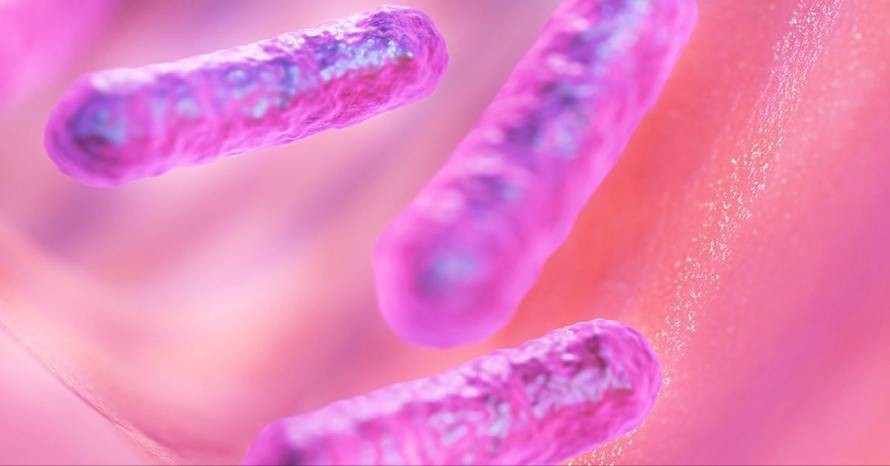Scientists at UCLA Health have discovered that resilient individuals possess distinctive neural activity and gut microbiome characteristics. This groundbreaking research sheds light on the complex relationship between resilience, brain function, and gut health.
Unveiling the Resilient Brain
The study, published in Nature Mental Health, examined 116 participants divided into high and low resilience groups. Those with high resilience displayed neural activity in brain regions linked to improved cognition and emotion regulation. They also demonstrated greater mindfulness and ability to describe their feelings.
“When a stressor happens, often we go to this aroused fight or flight response, and this impairs the breaks in your brain,” said Arpana Gupta, PhD, senior author and co-director of the UCLA Goodman-Luskin Microbiome Center. “But the highly resilient individuals in the study were found to be better at regulating their emotions, less likely to catastrophize, and keep a level head,” added Desiree Delgadillo, postdoctoral researcher and one of the first authors.
The Gut-Brain Connection in Resilience
Intriguingly, the high-resilience group also exhibited unique gut microbiome activity. Their microbiomes produced metabolites and showed gene activity associated with low inflammation and a strong, healthy gut barrier. This finding surprised the researchers, highlighting the whole-body nature of resilience.
“Resilience truly is a whole-body phenomenon that not only affects your brain but also your microbiome and what metabolites that it is producing,” Gupta said. “We have this whole community of microbes in our gut that exudes these therapeutic properties and biochemicals, so I’m looking forward to building upon this research,” Delgadillo said.
The study’s approach was novel, focusing on healthy, resilient individuals rather than those with anxiety or depression. This perspective could lead to new strategies for stress management and disease prevention.
“If we can identify what a healthy resilient brain and microbiome look like, then we can develop targeted interventions to those areas to reduce stress,” Gupta explained. The team plans to investigate whether interventions to increase resilience can alter brain and gut microbiome activity.
“We could have treatments that target both the brain and the gut that can maybe one day prevent disease,” Gupta concluded.
Additional Resources:
Here are three additional resources to learn more about the gut microbiome, stress management, and resilience:
- Understanding the Microbiome: A Resource for Patients (National Institutes of Health: https://www.nih.gov/) provides a patient-friendly overview of the gut microbiome, its functions, and its impact on health.
- Learn to Manage Stress (American Psychological Association) offers a variety of resources and techniques for managing stress, including relaxation techniques, cognitive behavioral therapy (CBT), and lifestyle changes.
- The Science of Resilience (Greater Good Science Center at the University of California, Berkeley) explores the concept of resilience, its characteristics, and how to build resilience in yourself.
If our reporting has informed or inspired you, please consider making a donation. Every contribution, no matter the size, empowers us to continue delivering accurate, engaging, and trustworthy science and medical news. Independent journalism requires time, effort, and resources—your support ensures we can keep uncovering the stories that matter most to you.
Join us in making knowledge accessible and impactful. Thank you for standing with us!

